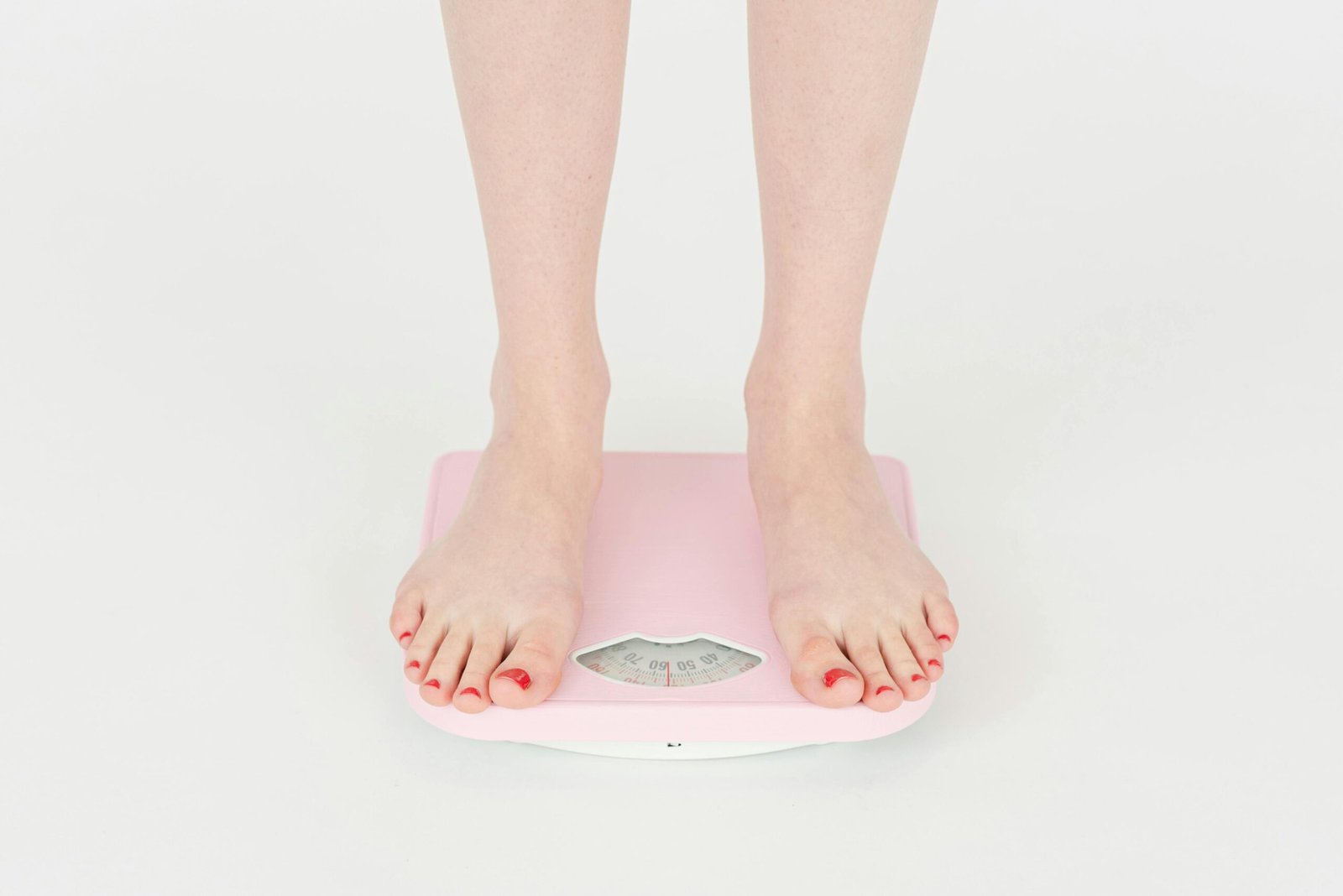Introduction
Diarrhea is a common condition that affects people of all ages. It is characterized by loose, watery stools that occur more frequently than usual. While occasional diarrhea is typically harmless and resolves on its own, persistent or severe diarrhea can indicate an underlying health issue that requires medical attention. If you looking for diarrhea treatment then Nitazoxanide 500 mg is an effective treatment for diarrhea caused by certain infections, including parasitic and viral gastrointestinal illnesses. Understanding the causes of diarrhea can help you take appropriate action and seek treatment if necessary.
Common Causes of Diarrhea
Diarrhea can result from various factors, including infections, dietary choices, and medical conditions. Below are the most common causes:
1. Viral Infections
Viruses are one of the leading causes of diarrhea. Viral gastroenteritis, commonly known as the stomach flu, is a frequent culprit. Rotavirus and norovirus are two well-known viruses that cause diarrhea, particularly in children and the elderly. These viruses spread through contaminated food, water, or close contact with an infected person.
2. Bacterial Infections
Bacteria such as Escherichia coli (E. coli), Salmonella, Shigella, and Campylobacter can lead to food poisoning, resulting in diarrhea. Consuming undercooked meat, contaminated dairy products, or improperly handled food increases the risk of bacterial infections. Travelers visiting regions with poor sanitation are particularly susceptible to bacterial diarrhea, often referred to as “traveler’s diarrhea.”
3. Parasitic Infections
Certain parasites, such as Giardia lamblia and Entamoeba histolytica, can cause prolonged diarrhea. These parasites are often found in contaminated water sources and can spread through improper hygiene practices. You can get parasites treatment from dose pharmacy. Parasitic infections can lead to severe dehydration if left untreated.
4. Food Intolerances and Allergies
Some individuals have difficulty digesting specific foods, leading to diarrhea. Common food intolerances include:
- Lactose intolerance: The inability to digest lactose, a sugar found in dairy products, can cause it, bloating, and gas.
- Gluten sensitivity or celiac disease: A condition where the body reacts negatively to gluten, a protein in wheat, leading to chronic diarrhea and other digestive issues.
- Fructose intolerance: Some people have trouble absorbing fructose, found in fruits and sweeteners, which can cause it.
5. Medications and Antibiotics
Certain medications can trigger diarrhea as a side effect. Antibiotics, for example, can disrupt the balance of good and bad bacteria in the gut, leading to antibiotic-associated diarrhea. Other medications, such as laxatives, cancer treatments, and antacids containing magnesium, may also contribute to loose stools.
6. Irritable Bowel Syndrome (IBS)
IBS is a chronic gastrointestinal disorder that causes abdominal pain, bloating, and irregular bowel movements, including it. Stress, dietary triggers, and gut sensitivity play significant roles in IBS-related it.
7. Inflammatory Bowel Disease (IBD)
IBD includes conditions such as Crohn’s disease and ulcerative colitis, which cause chronic inflammation in the digestive tract. These diseases often result in persistent it, abdominal pain, and weight loss. IBD requires medical management and lifestyle adjustments to control symptoms.
8. Malabsorption Disorders
Certain medical conditions prevent the body from absorbing nutrients properly, leading to it. Examples include:
- Pancreatic insufficiency: The pancreas fails to produce enough digestive enzymes, leading to fat malabsorption and diarrhea.
- Short bowel syndrome: A condition where part of the intestine is missing or damaged, reducing nutrient absorption.
- Celiac disease: A reaction to gluten that damages the small intestine and leads to diarrhea and nutrient deficiencies.
9. Excessive Alcohol or Caffeine Consumption
Drinking large amounts of alcohol or caffeinated beverages can irritate the digestive system and lead to it. Alcohol acts as a laxative and disrupts gut bacteria, while caffeine stimulates bowel movements and increases stool frequency.
10. Stress and Anxiety
Emotional stress and anxiety can affect gut function, leading to it. The brain and gut are closely connected, and stress can trigger the release of hormones that accelerate digestion, resulting in loose stools.
When to Seek Medical Attention
While mild cases of it often resolve within a few days, you should consult a doctor if you experience:
- Severe dehydration symptoms, such as dizziness, dry mouth, and reduced urination.
- Bloody or black stools.
- High fever (above 102°F or 39°C).
- Persistent diarrhea lasting more than two days.
- Severe abdominal pain or cramping.
- Unexplained weight loss.
How to Prevent Diarrhea
Preventing diarrhea involves practicing good hygiene and making smart dietary choices. Here are some tips:
- Wash hands frequently with soap and water, especially before eating and after using the restroom.
- Avoid contaminated food and water, particularly when traveling.
- Cook food thoroughly and store it properly to prevent bacterial growth.
- Limit alcohol and caffeine intake to avoid digestive upset.
- Manage stress through relaxation techniques, exercise, and adequate sleep.
- Follow medical advice when taking antibiotics to prevent gut imbalances.
Diarrhea can result from a wide range of factors, including infections, food intolerances, medications, and underlying health conditions. While most cases resolve on their own, chronic or severe it may indicate a more serious issue that requires medical attention. Understanding the causes of it and taking preventive measures can help you maintain good digestive health and avoid complications. If you experience persistent symptoms, consult a healthcare professional to determine the best course of action.















Leave a Reply